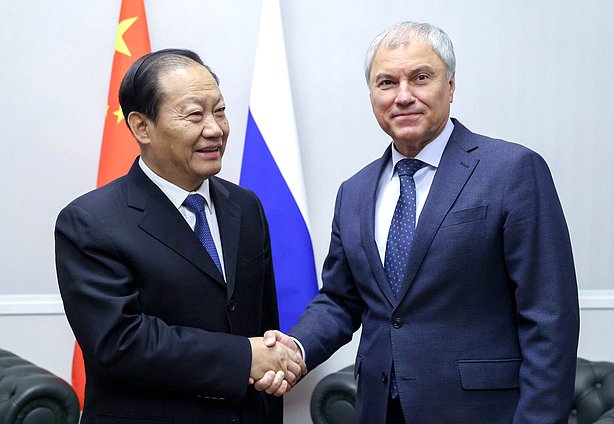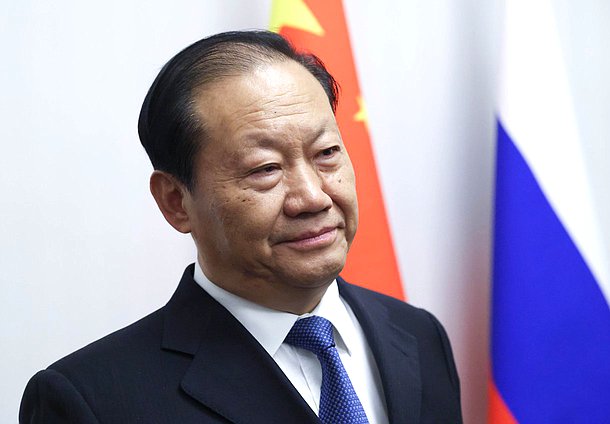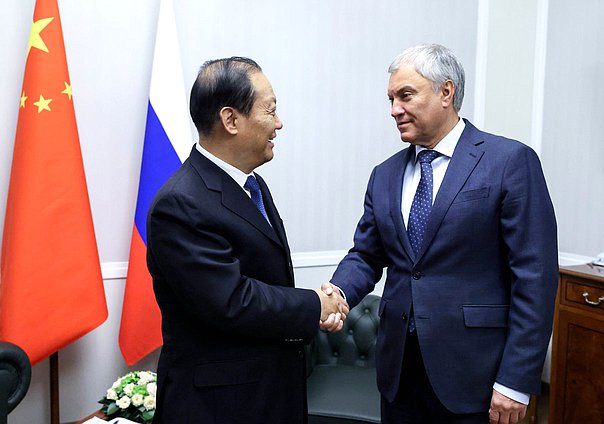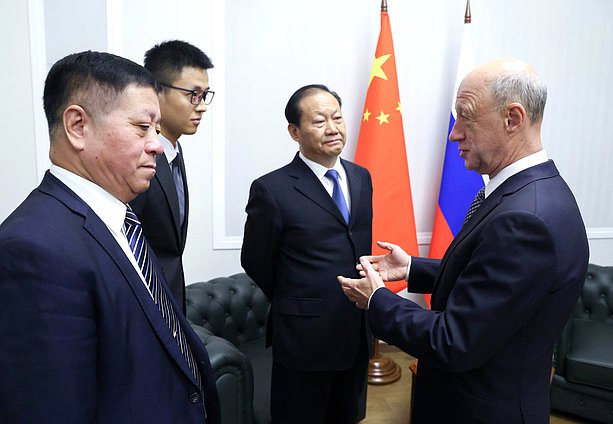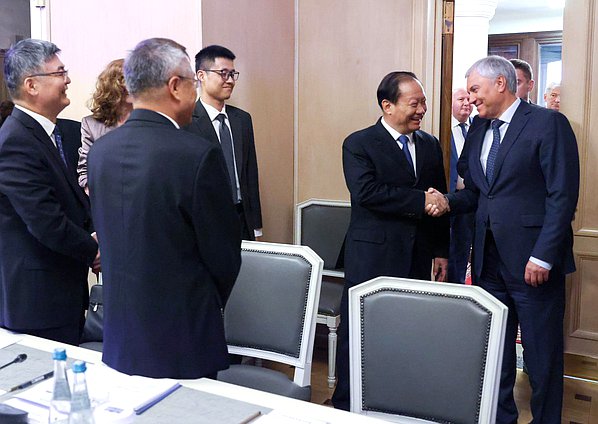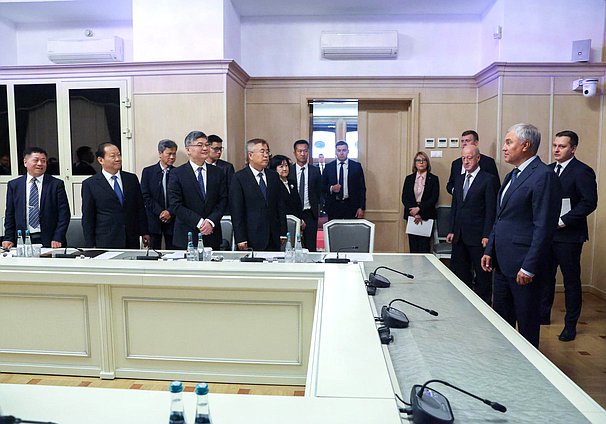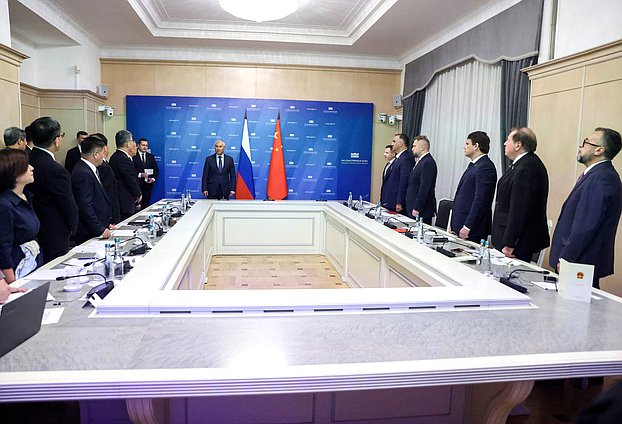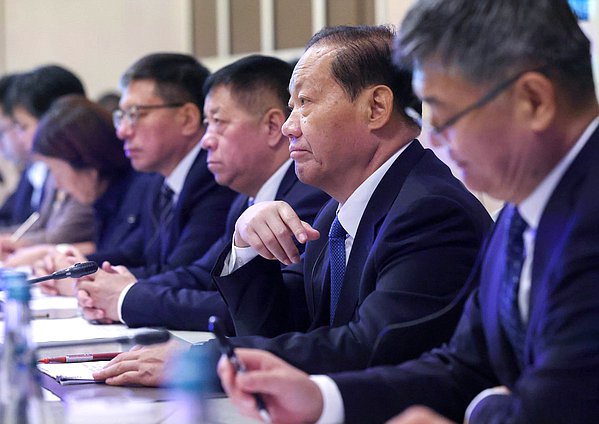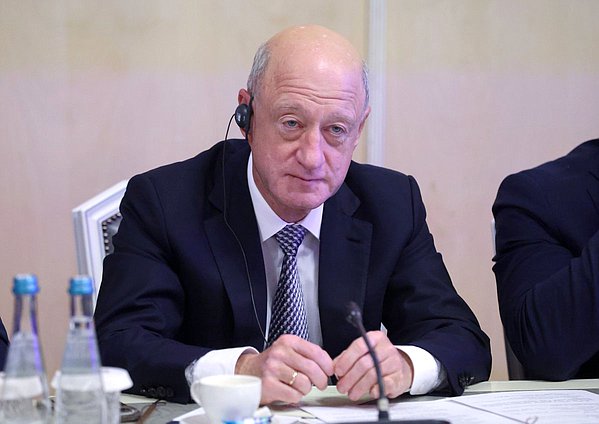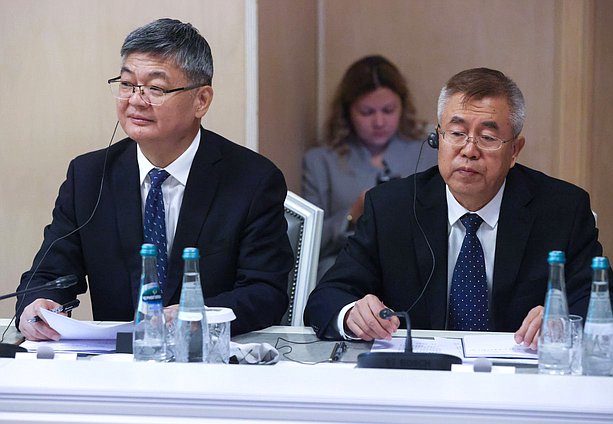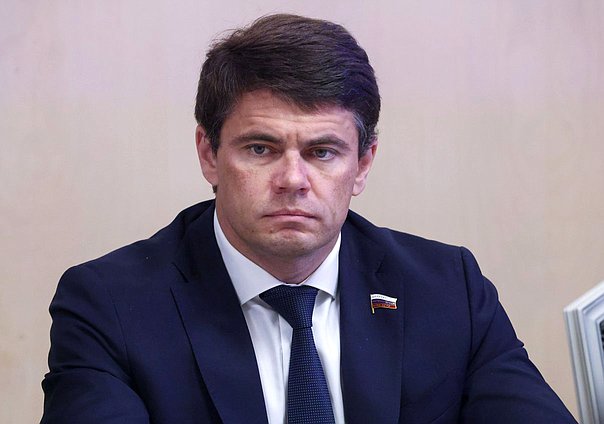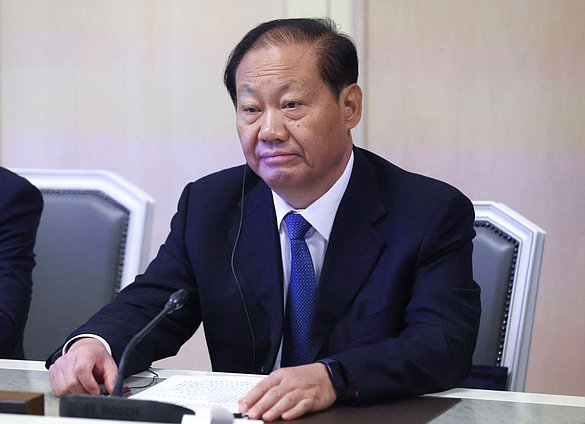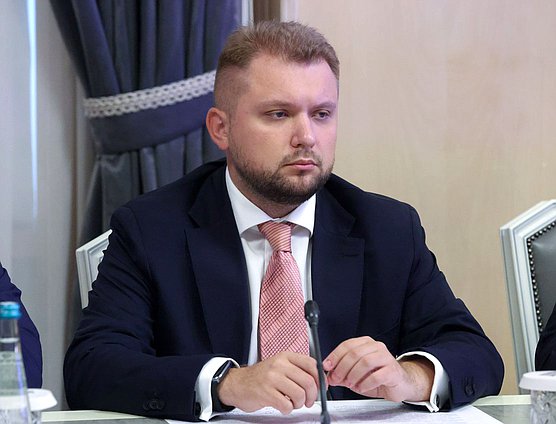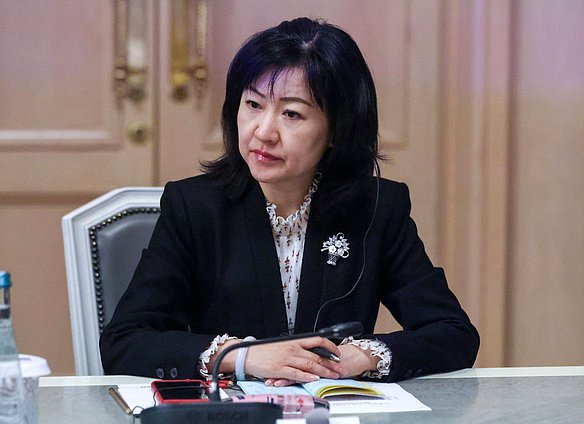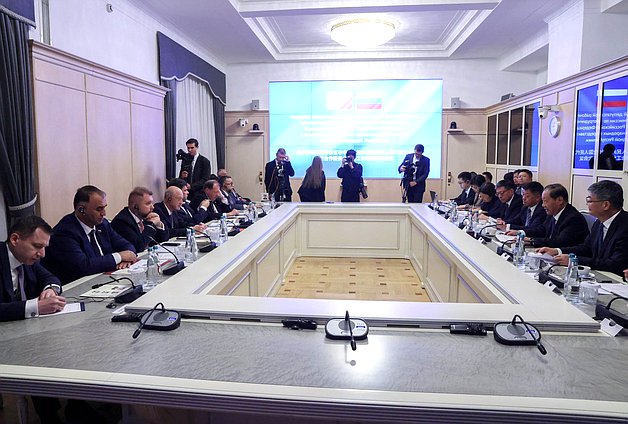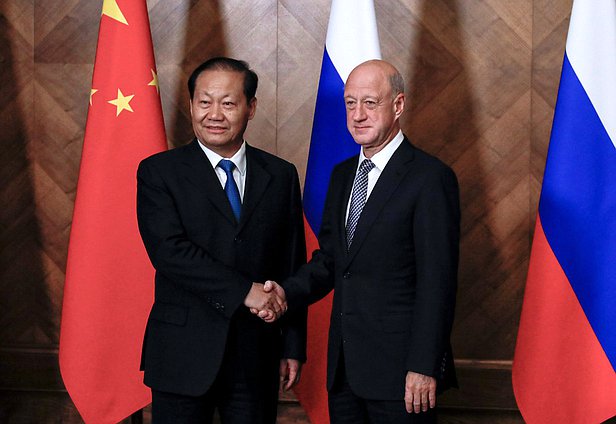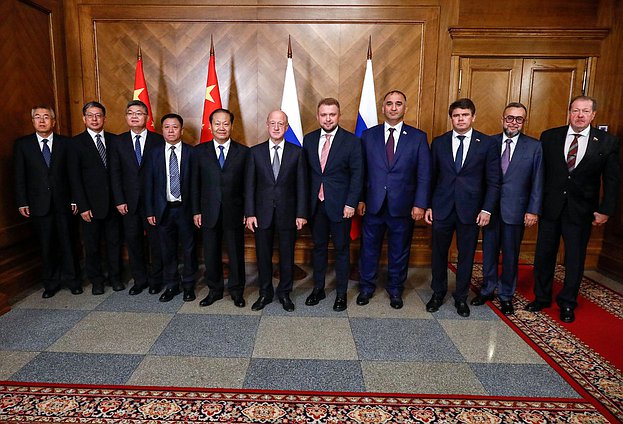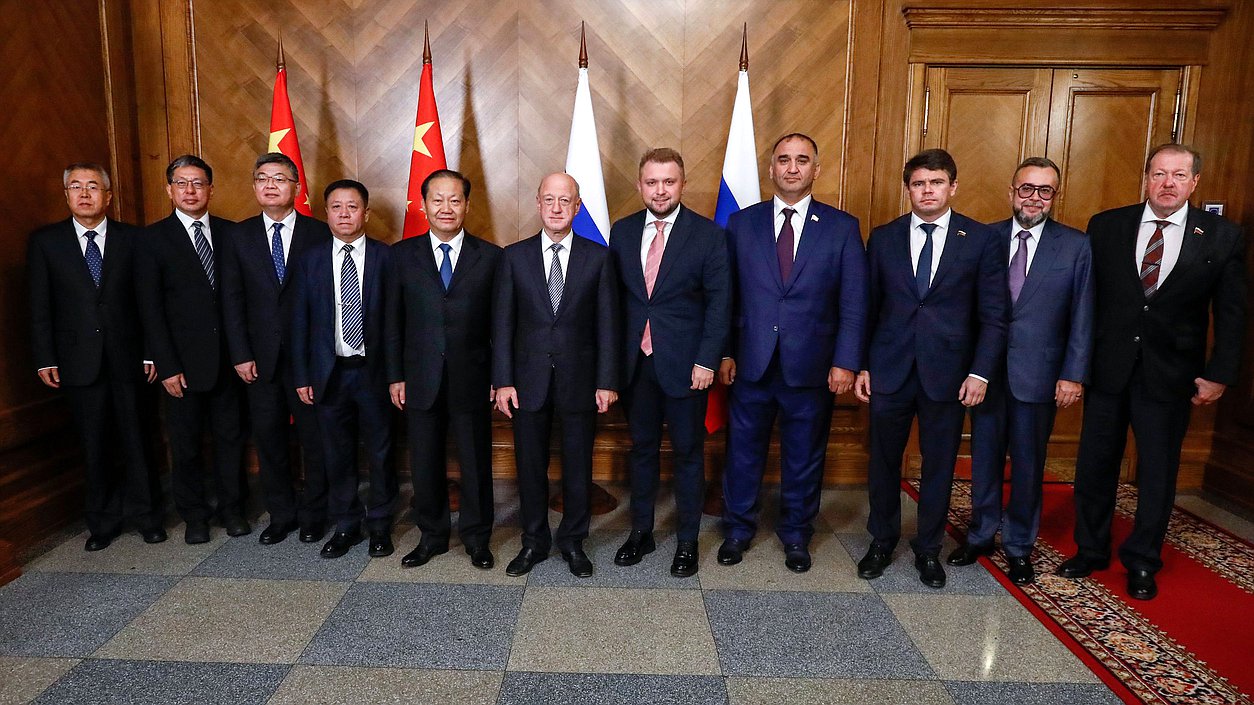
The fourth meeting of the joint parliamentary working group under the Inter-parliamentary Commission on Cooperation between the Federal Assembly of the Russian Federation and the National People's Congress of the People's Republic of China was held in the State Duma.
The key issues discussed at the meeting included exchanging experience in legislative regulation of artificial intelligence, protecting the truth about the results of World War II, countering the falsification of history, and improving patriotic education and tourism.
In his welcoming remarks, the Deputy Chairman of the State Duma Alexander Babakov

Alexander Mikhailovich
noted a fundamentally new
level of cooperation between Russia and China.
“Russia and China, under the leadership of President Vladimir Putin and President Xi Jinping, achieve fruitful results in our cooperation. Our countries are ready to support each other in national development, together defend the principles of equality in international relations, and work together to create a more effective and rational system of global governance,” he emphasized.
The Vice Chairman of the Standing Committee of the National People's Congress of China Peng Qinghua noted that “Russia and China have not only reached an unprecedented level of diplomatic relations but are also shaping together the global future by protecting historical truth.”
“This May, President Xi Jinping (at the invitation of President of Russia Vladimir Putin – editor's note) visited Russia and participated in the commemorative events to celebrate the Victory Day anniversary. Recently, President Vladimir Putin visited China and participated in the SCO summit in Tianjin and in events commemorating the 80th anniversary of Victory Day in the Chinese People's War of Resistance Against Japanese Aggression and the end of World War II,” said Peng Qinghua. “For the first time in ten years, the leaders of our countries participated in each other's commemorative events and sent a powerful message to the world about the strength and inviolability of China-Russia relations. At the same time, it was a statement that China and Russia, as the main victors in World War II, will always firmly defend the truth about its results and uphold international justice,” he added.
Alexander Babakov emphasized that following Vladimir Putin's recent visit to China, the two countries outlined an ambitious plan for further deep, large-scale development. The Deputy Chairman of the State Duma added that this would require legislative support from national parliaments on a wide range of issues and contemporary challenges.
One of these issues is related to legislative regulation of rapidly developing artificial intelligence. In this regard, the meeting participants discussed the issue of an ethical approach to the development of modern technologies, as well as maintaining a balance between consumer protection and business support, personal data protection, and security.
Following the meeting, the joint parliamentary working group will develop proposals related to high technology, countering the falsification of history, patriotic education, tourism, and the further development of relations between Russia and China.
